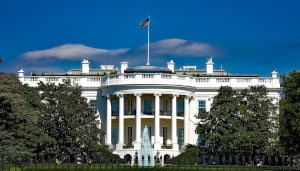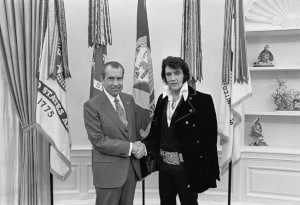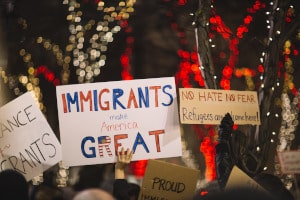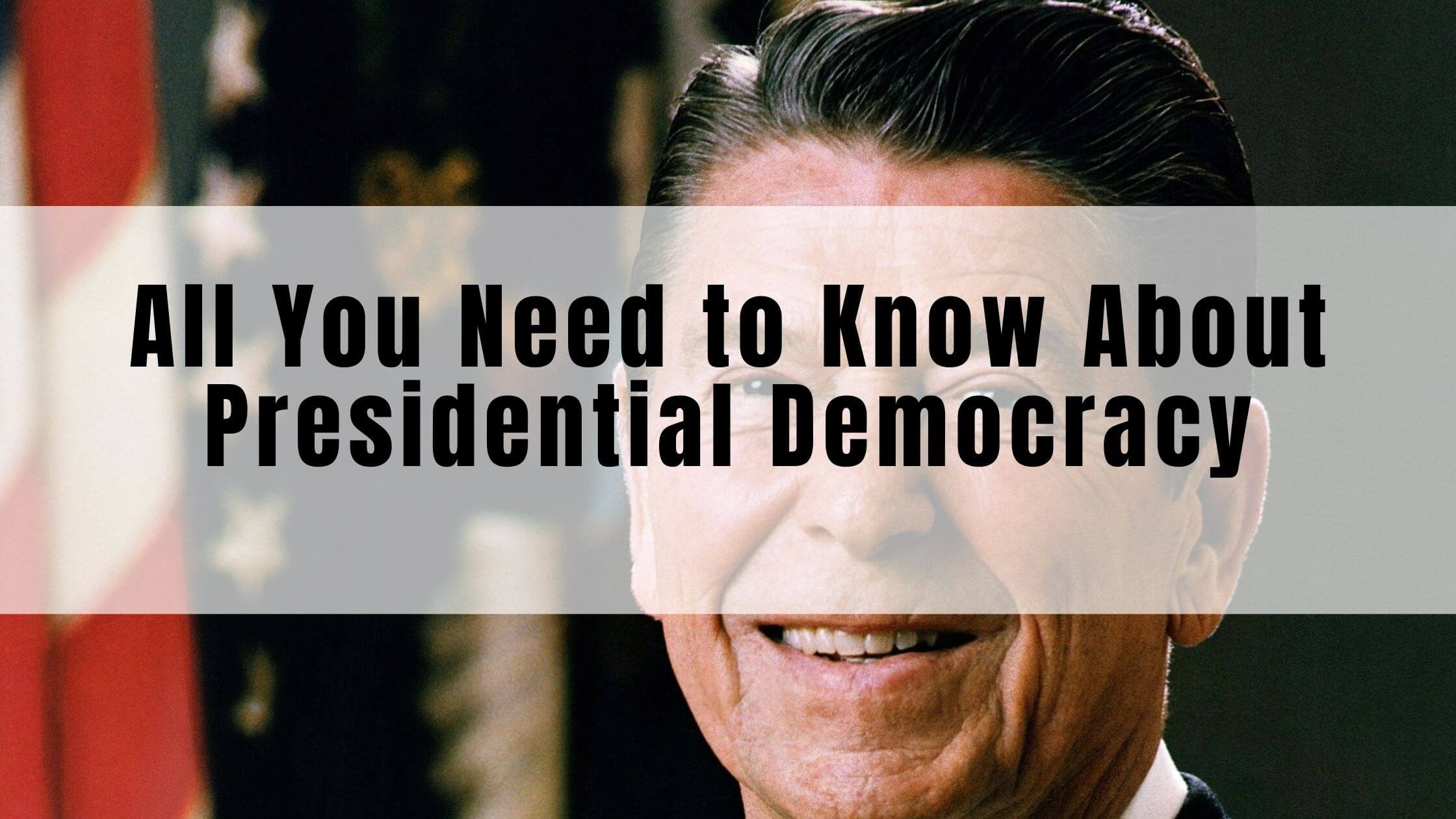Table of Contents
ToggleWhat Is a Presidential Democracy?
There are several types of democracies, and one of the most common is the presidential democracy. In this system, the citizens vote for a president who becomes the head of state. The person is often also the head of government, meaning they oversee its day-to-day operations.
Presidential democracies are found worldwide, and they vary in terms of their structure and how much power the president has. This blog post will explore what makes a presidential democracy unique and discuss its advantages and disadvantages.
Characteristics of Presidential Democracy
The Office of the President Is an Elected Position
The most important thing to note is that the president serves as both head of state and head of government. It means they are responsible for representing their country on the world stage while overseeing the day-to-day operations within their borders.
The Citizens Vote for a New President
In presidential democracies, citizens have the opportunity to vote for a new president, usually after a set period. This election process generally includes a primary and general election over several months. In some cases, there may also be vice presidents from opposing political parties who are voted on simultaneously with the president.
The Government Is Separated into Distinct Branches
In presidential democracies, it’s common for power to be divided up amongst several different branches of government. There will be an executive branch headed by the president and two other components – often referred to as a legislative branch and judiciary. They check and balance each other’s power.
Presidents Have a Set Term Limit
In a presidential democracy, the president is limited to a specific number of terms in office. In most cases, there is no limit set on how long someone can serve as vice president within their lifetime. Thus when a vice president has a highly successful term and then steps into the role of the head of state when the president’s final term ends, they may be able to run for vice president again after their time as acting head of state.
One Person Typically Oversees the Executive Branch
In most presidential democracies, like the United States, one individual oversees the powerful executive branch. This means that the president has more power than other officials within the government.

The vice president or even members of congress may serve as acting head of state if the president resigns or dies in office, but these roles will only be temporary until a new election occurs.
There Is Often an Independent Judiciary
The judicial branch is tasked with upholding and interpreting laws throughout society. These laws are typically created by congress, but they must also abide by any rules set out by the constitution. The regulations define how their power should be limited and where authority lies within each branch of government.
Within the judicial branch, a supreme court and various lower courts hear cases brought to them from citizens under their jurisdiction or from other branches of government. The goal is for each party involved to have a fair trial, including having an independent judge who decides on the subject without being pressured by external factors.
Advantages of Presidential Democracy
There Is a Clear-Cut System of Succession
When a president steps down from office before their time is up, it can be challenging to find a suitable replacement. In some cases, the vice president may not be given enough attention by voters during the election process

Therefore, lack of support makes them unfit for office in times of crisis. If there were no term limits placed on the vice president’s office, this could create a hazardous situation where countries are run by leaders who do not support their people.
It Requires Citizens to Stay Active Politically
One of the main benefits of presidential democracy is that it requires citizens to stay active in politics. There are often primaries leading up to general elections, which take place over several months. Primaries ensure that new ideas and opinions are constantly being brought forth for voters, who review these ideas before casting their ballot for president.
If there were no term limits placed on the president’s office, this would also run into problems if citizens became apathetic about politics because they did not have any direct control over who was elected during the process. The presidential system keeps people interested in voting and participating in government, thus preventing apathy toward politics.
Fairly Simple Election Process
In most countries with presidential democracies, there is a straightforward way to vote for new presidents during elections. In many cases, this involves voting directly for individual candidates, although it can also involve voting for political parties who then choose their leader during a state convention.
Either way, there is no need for the general public to vote on issues and laws introduced by their government. It simplifies the election process and gives citizens more say in who they want as head of state.
Disadvantages of Presidential Democracy
There Is No Separation Between the Executive and Legislative Branches
In a presidential system, it’s common for the president to be the leader of their political party. Thus, the president controls what laws get passed within the country and which don’t. Because they control both branches of government (the executive and legislative), there is no separation between these two powers.
Having a system like this poses a threat to individual liberties because there is essentially one person who controls all significant parts of government instead of separate entities working together to pass legislation.
The Public May Lose Faith in Government
When citizens learn how different their lives would be if they were under the leadership of another individual, they may lose faith in the current system and become angry at the government.
Lack of faith is what we refer to as “buyer’s remorse,” where citizens feel as if they’ve made the wrong decision by voting for their elected officials. Further, it can be difficult to challenge or change political decisions because there are no official ways except having another presidential election.
Corruption
If someone has been leading their country for decades, it becomes easy for them and those surrounding them to become corrupt. This is especially true when an individual has control over all government’s significant parts, which is why presidential democracy threatens the individual.
Promises made during the campaign may be thrown out the window once a presidential candidate is elected. Thus, citizens are stuck with individuals who did not select themselves to be in power. President-for-life systems have led governments into corruption, including Venezuela and Zimbabwe.
Differences Between Parliamentary Democracy and Presidential Democracy
The Power of the People
A significant difference between these two systems is how much power is given to elected officials. In a presidential democracy, it’s common for voters to only select their executive branch instead of going through a process that includes electing both branches of government.

Citizens don’t have much control over legislation compared to parliamentary democracy. On the other hand, citizens in parliamentary democracy hold a lot more power because they select all government members themselves, including those who sit within the legislative branch.
The Separation of Powers
There is a clear division between each branch of government when looking at these two types of democracies. In the case of presidential democracy, there isn’t a clear division between the executive branch and the legislative branch.
Both branches are controlled by one person, threatening individual liberties because citizens have no other options if they disagree with their chosen leader. Separation of powers allows citizens to have control over all parts of government because the separate branches work together under parliamentary democracy.
The Power of Political Parties
Parliamentary democracy limits the power of political parties to elected officials, while presidential democracy tends to put more power in the hands of these large groups. Sovereignty lies within both parliaments and presidents when looking at these two systems.
However, it’s common for party leaders in presidential democracies to take advantage of citizens by promising them whatever they want during their campaigns. This is true in countries with high poverty rates.
The Independence of State Institutions
State institutions tend to be more independent under presidential democracy than parliamentary democracy. Institutions such as the Supreme Court and Federal Reserve may have more power to make decisions because they do not have to answer to a parliament or prime minister
Party Discipline in Parliament
The last vital difference to consider when comparing presidential democracy and parliamentary democracy is that party discipline in parliament is much more robust under presidential democracy. It happens because members are elected by constituents, not selected by other leaders within their parties.
On the other hand, party discipline in parliamentary democracies is weaker because the individual members themselves are more powerful in making decisions.

Get Smarter on US News, History, and the Constitution
Join the thousands of fellow patriots who rely on our 5-minute newsletter to stay informed on the key events and trends that shaped our nation's past and continue to shape its present.
In conclusion, there are several differences between presidential democracy and parliamentary democracy. While this article does not go into all of them, it provides five key points that will hopefully help further educate people about these two types of democracies.
Both have their pros and cons when looking at the world today. Still, one can hope that countries around the globe begin to shift towards more democratic principles to create governments that focus on the best interest of their citizens instead of what’s best for political parties.












One Response
Most Americans do not know the difference between different types of Democracies and I, for one, believed that Democracy only meant one thing, that is, government by the people. After reading this article I realized that what has been happening since Donald Trump was elected (not by popular vote) what we all believed is no longer factual. We have been led to believe that We the People determine who controls our government, which does not seem to be factual. Everything seems to have changed and it scares me. It also scares me that we do not teach Civics in our schools, since then nobody knows what and when to question what had been happening in our country since Donald Trump took office. I now believe that our country is in serious trouble as are all of our citizens. “Fraud” is the cancer that is destroying our Democracy and I suspect, it is inoperable . A very, very sad day for us all.